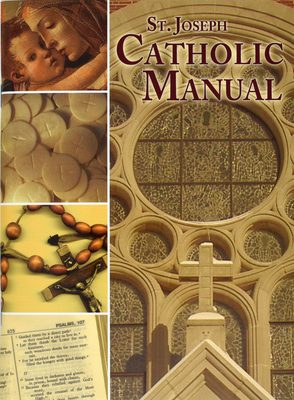
Writing in the early 16th century, Luther was all too mindful of the fact that the Bible had only recently begun to be printed and distributed among the Christian laity. Indeed, it was the Catholic church's attempts to forbid this practice that formed one of the pillars of the Protestant Reformation - Luther, as one of the foremost figures in the Reformation, considered universal access to holy knowledge of great importance.
Seizing the initiative, Luther embarked on a series of commentaries concerning Biblical books such as Galatians and Deutronomy. This collection of 'Table Talk' however is less a formal, organized narrative and more a set of lucid insights on various topics related to Christianity. Much of the collection is based from notes taken during Luther's talks with his students, when he was either at home or taking walks in nature.
Underpinning the book is Martin Luther's commitment to practicality in faith. Having believers understand the core concepts of the Bible and Christian history was, in his view, crucial to the vitality of the faith. Thus, he talks about subjects such as baptism, the holy ghost, the disciples of Christ, and of scientific pursuits such as astronomy in relation to God.







